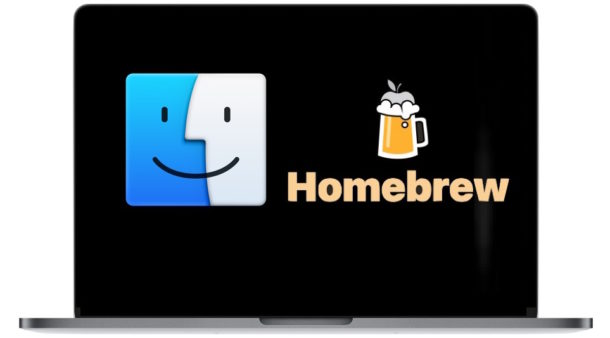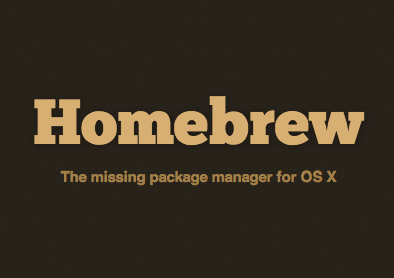Homebrew is certainly a package manager for MacOS, but there are others, such as MacPorts and Fink. And for that matter, the App Store is a package manager, albeit specialized to, um, App Store. Mac OS X 10.7 or 10.8 Homebrew installation Complete AFNI and uber.py scripts install applies to clean 10.7 or 10.8 systems These instructions have moved to: HowTo Install AFNI. Note that 10.8 does not come with X11 (or XQuartz) installed. When afni is started for the first time, you should be directed (by the operating system) to a link to. The MacPorts Project is an open-source community initiative to design an easy-to-use.
How to Install Homebrew on Mac OS X (10.7 or later)
This one’s super-quick and easy! If you want to easily install other tools and add-ons in the future, you need Homebrew.
Open a new shell and run the following:
It’s that simple. Really.

Homebrew Future Tip


Once Homebrew has finished installing, you’ll want to make sure to always run the following before trying to install anything using the brew command:
Homebrew For Macos

Install Brew
Running Brew’s update command instructs it to fetch the latest install recipes from its remote repository. Remember: Before you use Brew to install something, you definitely want to run the brew update command Every single time! That way, you’ll always ensure you’re installing only the latest, stable packages.
That’s it! You’re done.
Homebrew Macos 10.15
Want to learn more about Brew on your own? Check out: http://brew.sh/

